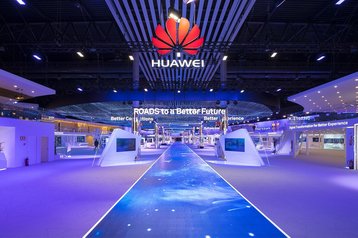Portugal's telecom watchdog has said it's working with the country's operators to implement a high-level resolution that effectively bars Huawei's equipment from the country's 5G mobile networks.
As reported by Reuters, Portugal's CSSC has not named Huawei, but has sought to prevent vendors deemed as "high risk" from entering standalone networks in Portugal's 5G market.
In May, the Portuguese government's cyber security council laid out the rationale for an eventual ban on some 5G equipment, which includes Huawei kit.
This plan sets out to restrict the use of equipment deemed to be "high risk," according to telecom industry officials.
It prompted Huawei to hit back. The Chinese vendor filed a lawsuit last month with a Lisbon court as it contests a decision made by Portugal's cybersecurity council CSSC,
The company confirmed the lawsuit this week after it lodged an appeal with the Administrative Court in Lisbon on August 31.
At the time, Huawei said that the resolution has had a “significant detrimental impact to the company and its partners," while it "seeks protection of its legitimate interests and legal rights in Portugal."
It appears that Huawei's contentions will have little impact on the decision, as Portugal's watched ANACOM noted it's working with the country's telcos to implement the resolutions put forward by the CSSC.
ANACOM president Joao Cadete de Matos said that the watchdog "will execute all decisions that are taken regarding security, not only within the national but also the European framework.
"It is work that is ongoing and we hope that it will be carried out successfully. We can assure the Portuguese that we are also working together with the operators."
Regardless of the outcome of the lawsuit, Portugal's main mobile operators, Altice, NOS, and Vodafone, have already said they won't use Huawei kit in their core 5G networks.
Despite Huawei's decision to file a lawsuit, Portugal's secretary of state for digitalization, Mario Campolargo, who chairs the CSSC, told Reuters that the resolution was based on an independent, strict security assessment that followed European Union guidelines and did not specifically target Chinese suppliers.







